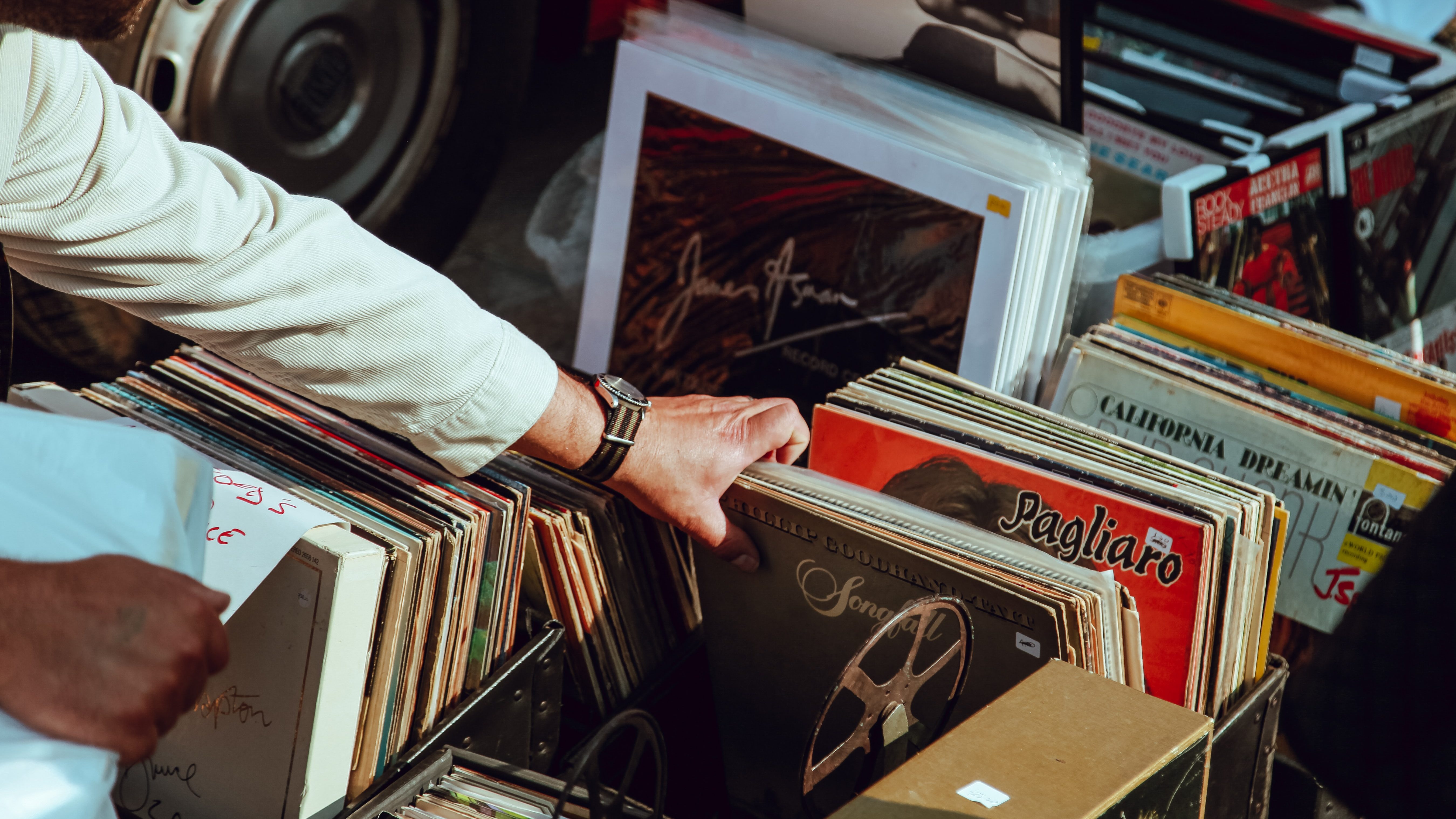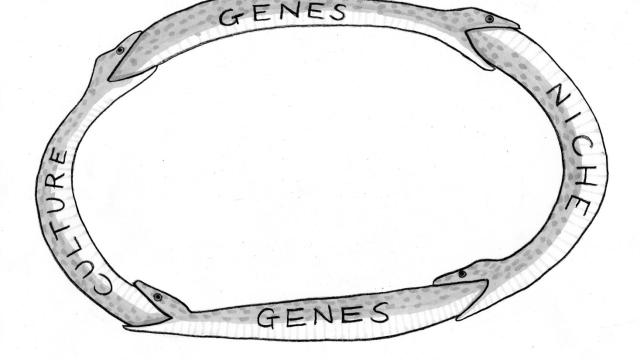New music discovery peaks at age 33, then declines

If you wondered why Missy Elliot performed at this year’s Super Bowl halftime show, it may be because the NFL knew something about the musical tastes of its fan base, average age 44. Balancing the new pop of Katy Perry with a star of the 1990s fits well with new data gathered from the listening habits of those who use music-streaming services.
Music-intelligence company The Echo Nest analyzed Spotify data to determine that at the age of 33, most people peak in the amount of new music they actively seek out and discover. The reason, says the company, is twofold: (1) Thanks to alternative sources for less familiar artists, teenage listeners begin breaking away from popular tunes broadcast on FM radio stations; (2) by early adulthood, most people return to the familiar music of their coming-of-age years.

In other words, most people can expect their musical tastes not to change past the age of 33.
The study also had some interesting things to say about parents. At first, their musical tastes crashed hardest, measured by a quick transition to children’s stations, lullaby channels, etc. But as their children aged, family streaming accounts began logging more new music.
It’s impossible to tell whether the parents of teenagers liked their children’s budding taste in music outside the mainstream, but it does give hope to music aficionados who also see children in their future. An interesting area for further study would be to see if and how people’s taste in genre changed over their lifetime: Will grandmas and grandpas of the future still be listening to house music?
When Mary Chapin Carpenter stopped by Big Think, she discussed the difficulty of genre for music makers, and what makes certain artists popular or not depending on what genre their music is classified into. Taylor Swift, for example, began in country music but it was her transition to pop that made her a superstar.
Read more at The Take Away.
Photo credit: Shutterstock





